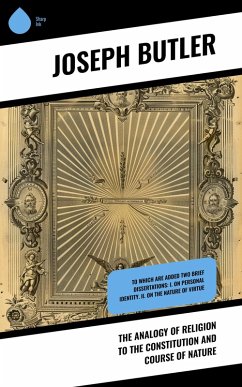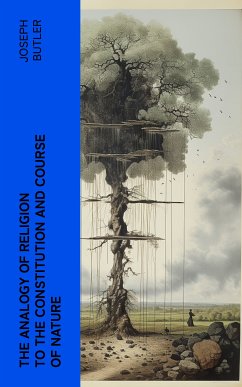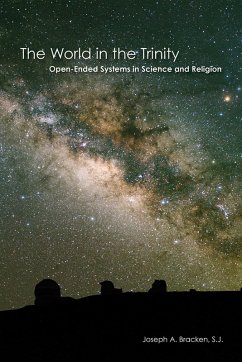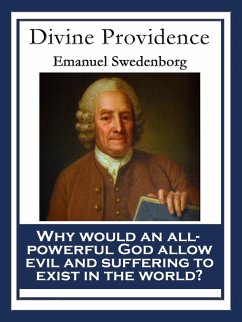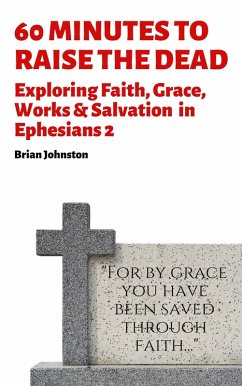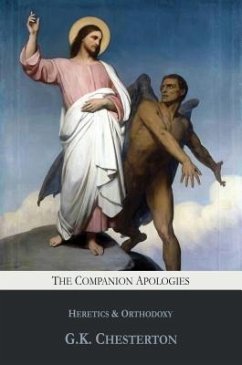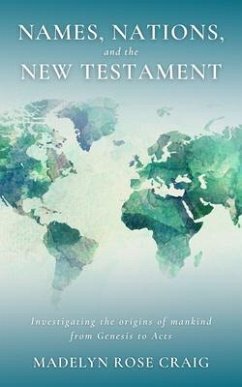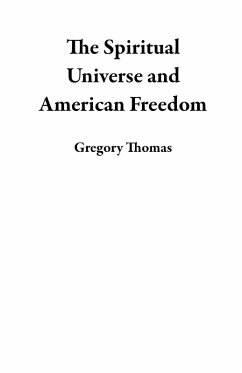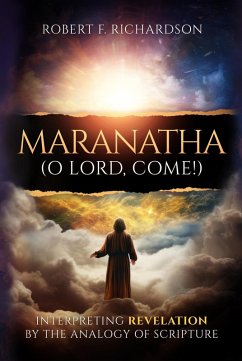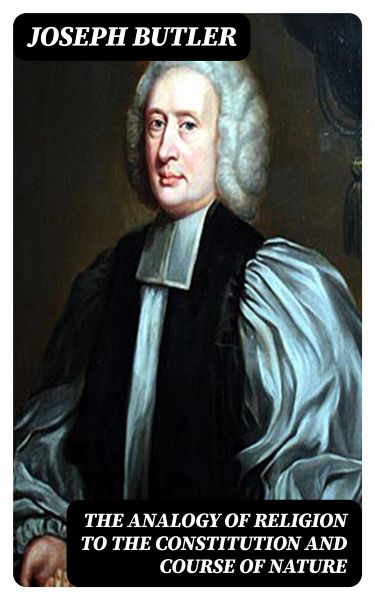
The Analogy of Religion to the Constitution and Course of Nature (eBook, ePUB)
To which are added two brief dissertations: I. On personal identity. II. On the nature of virtue
Redaktion: Malcolm, Howard

PAYBACK Punkte
0 °P sammeln!
In "The Analogy of Religion to the Constitution and Course of Nature," Joseph Butler presents a profound exploration of the parallels between religious belief and the natural world. Utilizing a fluid, yet methodical literary style, Butler's work elucidates complex theological and philosophical concepts through accessible language. The book, written in the context of Enlightenment thought, challenges the rationalist perspectives of his contemporaries by arguing for the coherence and rationality of religious belief as analogous to the observed laws of nature, thereby inviting readers to consider...
In "The Analogy of Religion to the Constitution and Course of Nature," Joseph Butler presents a profound exploration of the parallels between religious belief and the natural world. Utilizing a fluid, yet methodical literary style, Butler's work elucidates complex theological and philosophical concepts through accessible language. The book, written in the context of Enlightenment thought, challenges the rationalist perspectives of his contemporaries by arguing for the coherence and rationality of religious belief as analogous to the observed laws of nature, thereby inviting readers to consider faith through a lens of intellectual rigor. Joseph Butler, an influential Anglican bishop and philosopher, was shaped by the theological and philosophical debates of the 18th century, including the rise of deism and skepticism toward traditional religious beliefs. His training in philosophy and personal reflection on ethical and religious matters compelled him to articulate a defense of Christianity that reconciled faith with reason. Butler's unique perspective, emerging as a cleric deeply concerned with moral philosophy, culminates in this substantial treatise, which serves as a significant contribution to the discourse on religion and morality. I highly recommend this book to anyone interested in the intersections of faith, philosophy, and the natural world. Butler's arguments are not only historically significant but also resonate with contemporary discussions around the relevance of spirituality in a rational age. His work stands as an essential reading for scholars, students, and laypersons alike, seeking a well-structured defense of religious conviction in the face of modern skepticism.
Dieser Download kann aus rechtlichen Gründen nur mit Rechnungsadresse in A, B, BG, CY, CZ, D, DK, EW, E, FIN, F, GR, H, IRL, I, LT, L, LR, M, NL, PL, P, R, S, SLO, SK ausgeliefert werden.




